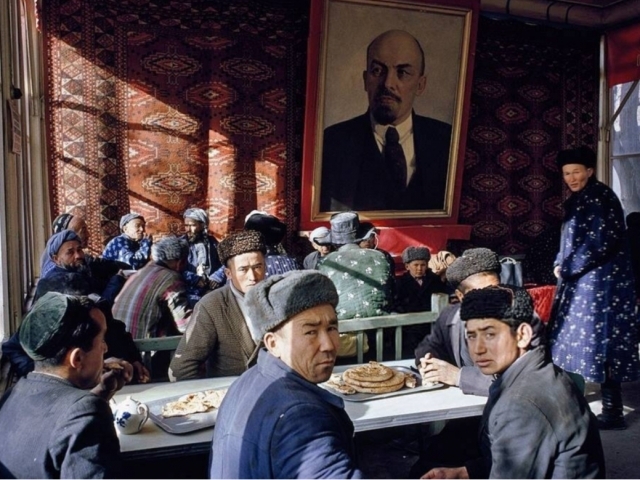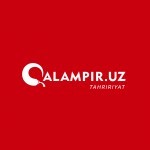Russian academy of sciences studies how Russian history is taught in Uzbekistan
World
−
26 September 2024 29868 2 minutes
The Scientific Information Institute for Social Sciences of the Russian Academy of Sciences has released a 150-page official study examining how Russian history and contemporary Russia are portrayed in school textbooks across five Commonwealth of Independent States (CIS) and five other foreign countries.
The study highlights significant differences in how Russia is depicted globally. According to the findings, some textbooks portray Russia as "an organizer of bloody riots, a violent country that the world would be better off without."
Key insights from the research include:
- China presents Russian history in a highly detailed and positive light.
- Tunisia offers a generally favorable view, but the coverage is minimal and superficial.
- Egyptian textbooks focus on modern Russia, often reflecting a Western perspective.
- Turkey's textbooks emphasize the history of the Russo-Turkish wars.
- Israel highlights only the negative aspects of Russian and Soviet history, downplaying their contributions to Jewish development.
- Textbooks in Kyrgyzstan, Tajikistan, and Uzbekistan take a critical stance, accusing the Russian Empire and the Soviet Union of various wrongdoings but largely avoiding direct criticism of the Russian people.
- In Kazakhstan, this critique is similar but more intensely focused on Russophobia.
- Due to the closed regime, textbooks from Turkmenistan were not available for analysis.
The study also noted unexpected findings in Azerbaijan.
According to the study, "the worst hell, predictably, is Azerbaijan's school textbooks." The researchers claim that these textbooks express "nothing but rabid hatred" toward Russia and Russians, offering a positive assessment of the 19th and 20th centuries while labeling any Azerbaijani who contributed to the Russian Empire or the Soviet Union as "traitors." The study further concludes that the level of Russophobia in Azerbaijani textbooks is "even higher than in the Baltic states and Ukraine."
Live
All
